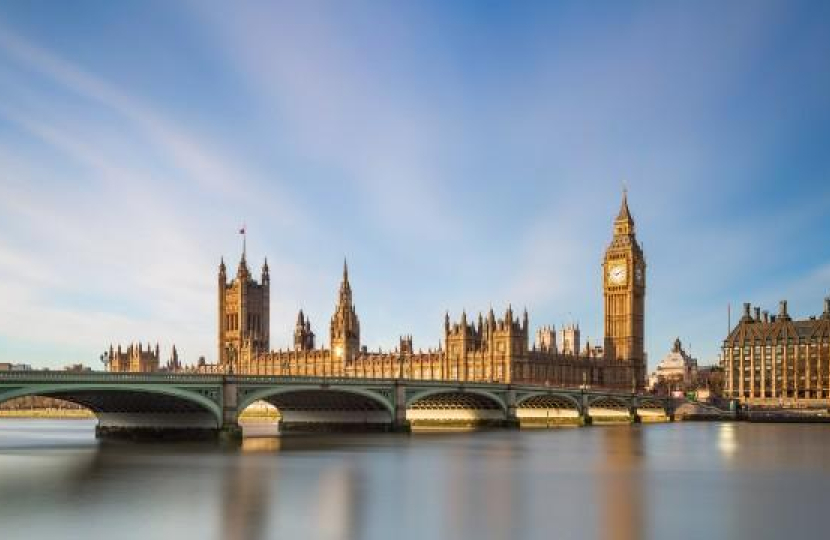
On Friday, after much thought, I voted for the assisted dying bill. This was a free vote, with MPs—rightly—allowed to follow their consciences, not the party line. MPs of all stripes voted for, and against, this change. There were people I am proud to call friends and whom I deeply admire in both lobbies. But I wanted to use my Darlington & Stockton Times column to explain to you, my constituents, why I voted the way that I did.
I believe that, where possible, we should prevent suffering. I know from speaking and listening to many of you, that too many people have to go through painful, traumatic, drawn-out deaths. These moving, deeply personal stories have left a profound impression on me. This bill will make these ordeals, which are so traumatic for patients and their families, less frequent: it will reduce suffering.
The worry with legislation such as this is always that it could be abused, used to pressure people into ending their lives; or as a way to remove those who are perceived as a burden to the state or their family. But my judgement is that this bill is sufficiently tightly drawn to prevent that. Pressuring someone into ending their life will be a criminal offence and under this bill, people can only request help to die if they have a terminal disease that they will pass away from within the next 6 months in the independent, professional opinion of two doctors.
In an additional safeguard, the doctors will also have to give their professional judgement that the patient making this request is of sound mind and has not been pressured or pushed into making their decision by anybody else. A high court judge will then have to satisfy themselves that all these requirements have been met. This is a very high bar, and would be among the strongest set of safeguards in the world, more robust than those in Canada, Australia and New Zealand. There is absolutely no chance that anyone who does not actively choose to end their life early will have to do so because of this legislation. But what it will do, is enable those who are going to die imminently to do so in a manner of their own choosing. That is why, I believe, this is a compassionate change to the law.
As a religious person, I understand and appreciate the deep moral and philosophical concerns that many people have about this issue. I also come from a medical family and this question divides opinion among my own relatives. So, it is important to stress that any medical practitioner who has moral, religious or philosophical objections to this change will have the right not to be involved in this aspect of care.
It is vital that no one feels compelled to shorten their own life either because of social pressure or because of a lack of high quality, palliative care. I will continue to champion our wonderful local hospices, St Teresa’s and Herriot Hospice Homecare, that do such important work. I know that most families, even when faced with a terminal diagnosis and less than six months to live, will continue to prefer hospice care to assisted dying.
As your MP, I owe you my industry and my judgement. This has not been a simple decision. But ultimately, I believe that when we can prevent suffering without causing harm to others, we should do so and that is why I voted for this change in the law.
